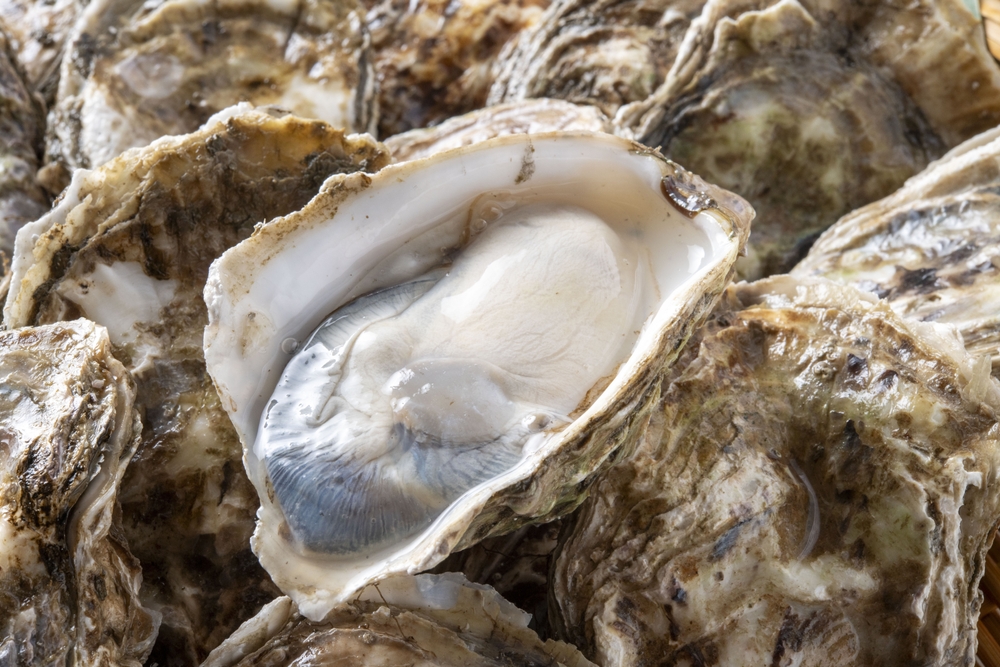Oyster Blood May Provide a Powerful Weapon Against Antibiotic Resistance
Oysters have long been considered an aphrodisiac. Now, the mollusk might be tapped to fight infectious diseases.A study shows that proteins in the blood, or hemolymph, of a Sydney Rock Oyster not only kills bacteria but boosts some antibiotics efficacies against several resistant strains, according to a study in PLOS ONE.The finding is important because, although antibiotics have helped people fight infectious diseases since the early 20th century, their misuse has created strains of bacteria resistant to existing treatments. Antimicrobial resistance could cause 40 million deaths by 2050.Oyster Blood Could Kill BacteriaIt makes sense to look to the natural world for a solution. And oysters, are, believe it or not, a logical place to start.Most organisms have natural defense mechanisms to protect themselves against infection, Kirsten Benkendorff, a researcher at Southern Cross University, Australia, and an author of the study, said in a press release. Oysters are constantly filtering bacteria from the water, so they are a good place to look for potential antibiotics.The researchers extracted the oyster blood, then added it to both solutions and biofilms that contained harmful bacteria. Testing the extract in biofilms was especially important, because bacteria sometimes armor themselves against antibiotics by cloaking themselves in a sticky matrix composed of microorganisms.Protein PowerThe hemolymph appeared to kill pathogens in both environments. While the researchers arent exactly sure how, they have some clues about oyster blood's bacteria-fighting mechanisms. The hemolymph contains a mixture of proteins with known antimicrobial properties, Benkendorff said. These may act to directly kill the bacteria, as well as preventing them from attaching to the cell surface.They also tested the extract as a booster of four antibiotics (ampicillin, gentamicin, trimethoprim, and ciprofloxacin) against several clinically relevant bacteria. Adding the extract improved efficacy from 2 to 32-fold, depending on the antibiotic and target.The work builds on the groups earlier research that demonstrated how a protein fraction in the same kind of oyster can inhibit Streptococcus pneumoniae, which causes infections like pneumonia and tonsilitis. Developing Safe Antibiotics Takes TimeThe researchers also tested the proteins on human lung cells. The results showed that they were not toxic, which opens the door to potential human use. Turning oyster protein into a safe, effective antibiotic may take time. Until then, people may consider tapping into the organisms properties both for a libido lift and an immune system boost the old-fashioned way.Slurping oysters could help keep the respiratory bugs away, Benkendorff said. Oysters contain zinc, which boosts the immune system, and they have really good polyunsaturated fatty acids and vitamins that also help modulate immunity."Article SourcesOur writers at Discovermagazine.com use peer-reviewed studies and high-quality sources for our articles, and our editors review for scientific accuracy and editorial standards. Review the sources used below for this article:Before joining Discover Magazine, Paul Smaglik spent over 20 years as a science journalist, specializing in U.S. life science policy and global scientific career issues. He began his career in newspapers, but switched to scientific magazines. His work has appeared in publications including Science News, Science, Nature, and Scientific American.


